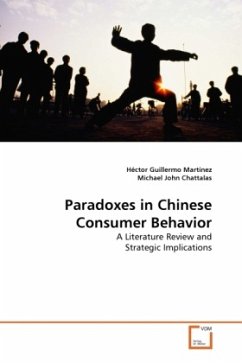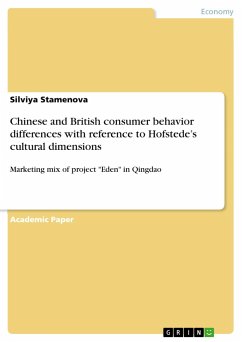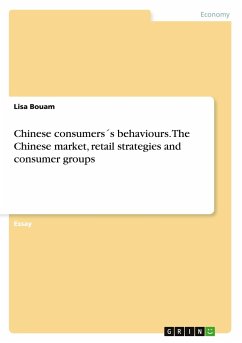This monograph provides a review of the literature on Chinese consumer behavior and its strategic implications. The contemporary hybridity of the Chinese market is explored by concentrating on seven constructs, each representing a paradox or apparent contradiction. These seven constructs focus on the contrasts posed by: the consumer impact of the open-door policy versus market socialism, the consumer values of long-term orientation versus prosperity now, collectivism versus conformist individualism, low power distance versus status appeals, rapid economic growth versus feelings of perpetual insecurity and superstition, communist-based equality versus urban/rural-based social class hierarchy, and the appeal of global brands versus consumer ethnocentrism and animosity. Strategic implications are discussed.








